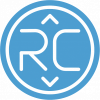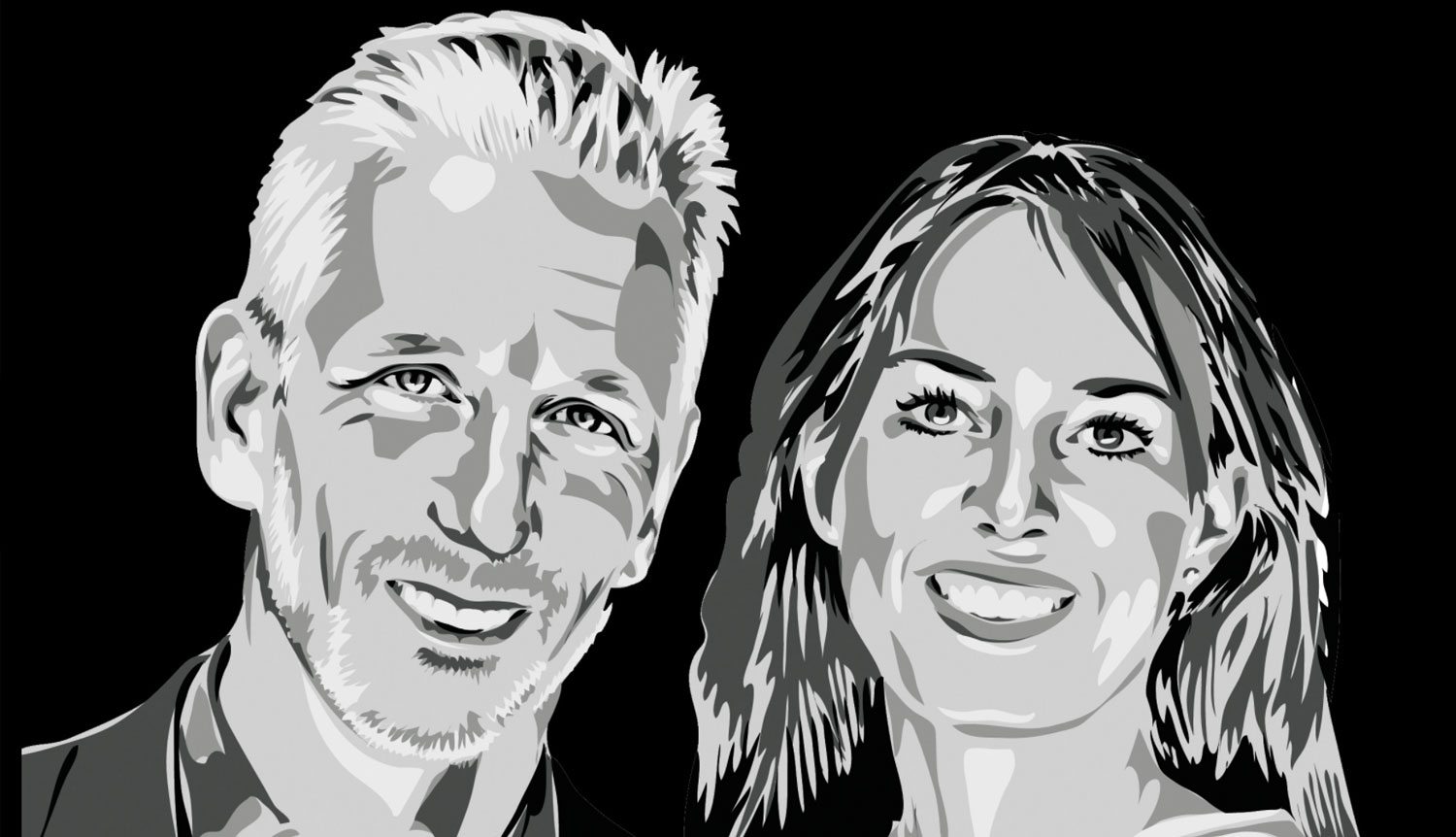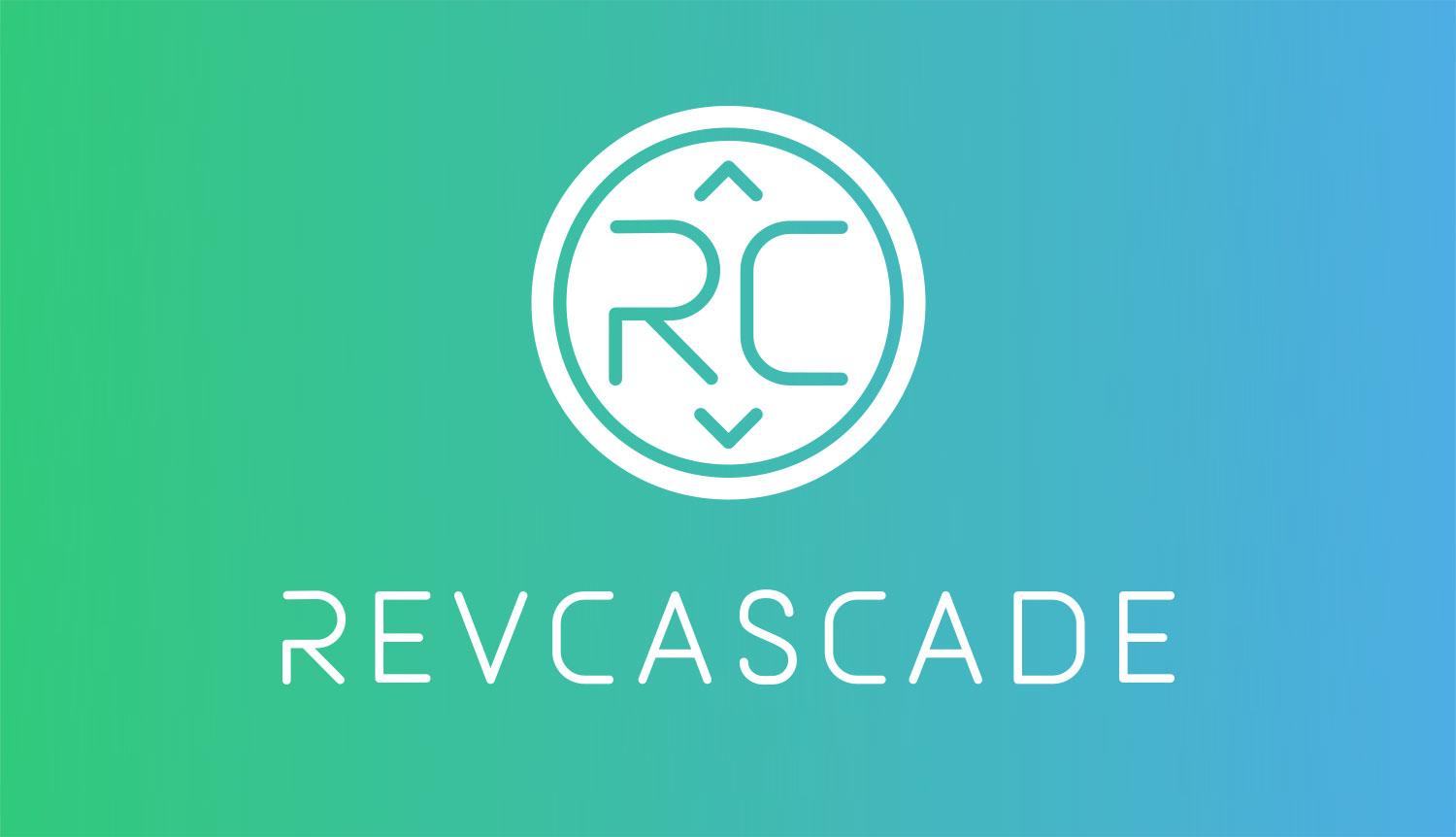A startup, like any creative endeavor, starts with an idea and a blank canvas. It is exciting and daunting. It is fraught with challenges and unknowns. Going from blank canvas to delivering something special is perhaps the greatest challenge in the early stages of a startup.
RevCascade is entering the unknown. We have an idea. It’s a big idea we plan to turn into a big business. We believe our product will transform ecommerce and create a ton of value (i.e. revenue) for brands and retailers - and ultimately for consumers too. We are smack dab in the middle of the great unknown. Will our product deliver the value we know it can? Will brands and retailers love it? Will it work? Will it scale? It is exciting and daunting, and as every entrepreneur can attest, at times overwhelming.
But this is not our team’s first rodeo, and having been bucked by a few broncos along the way, we’ve picked up a few secrets. First and foremost, we’ve learned that you have to focus and build a great product. There’s a ton of lean startup rhetoric on the web today about building a minimum viable product. I’m a huge fan of this philosophy, but often times it gets misinterpreted as it relates to what is essential. Your idea can be good, but your product - minimum or not - must be great.
Which leads me to what is by far the most important lesson: To build a great product people will love, don’t compromise on what is essential.
Once you figure out what is essential, build it. Developing your mission statement, your culture, your business plan, your go-to-market - these are critically important - but if your product is not great, if your target market doesn’t love your product, nothing else matters.
My first startup was Hypnotic Hats - HYP Hats for short. It was 1991, I was 24 years old. My co-founders and I didn’t know how to make a business card, let alone a baseball hat. We had no idea how to finance production, handle shipping, figure out how to clear customs, warehouse, ship, invoice, manage credit and collections, and other critical aspects of running a company. We knew nothing, and there was no internet – literally - to provide us with access to information to help us navigate the myriad tasks we needed to accomplish. This inexperience created nearly fatal delays in shipping our first orders.
But what we did have was a great idea, and we knew exactly what was essential to create our vision of the perfect baseball hat. We knew the quality, the fit, and the attitude we wanted our product to convey. We endlessly searched for a manufacturer in pursuit of the greatness we wanted in our product. We did not compromise on what was essential.
And guess what? Retailers like Fred Segal, Barney’s, Bloomingdale’s, and Foot Locker loved our product, and for this reason they were patient with our inexperienced team. Our product saved us and enabled HYP to become a thriving business which 24 years later is still growing.
Now, at RevCascade, I start every day thinking about what is essential. I know that if we can continue to focus on the essential, our path becomes very clear.
Figure out what is essential, don’t compromise, and swing away.











